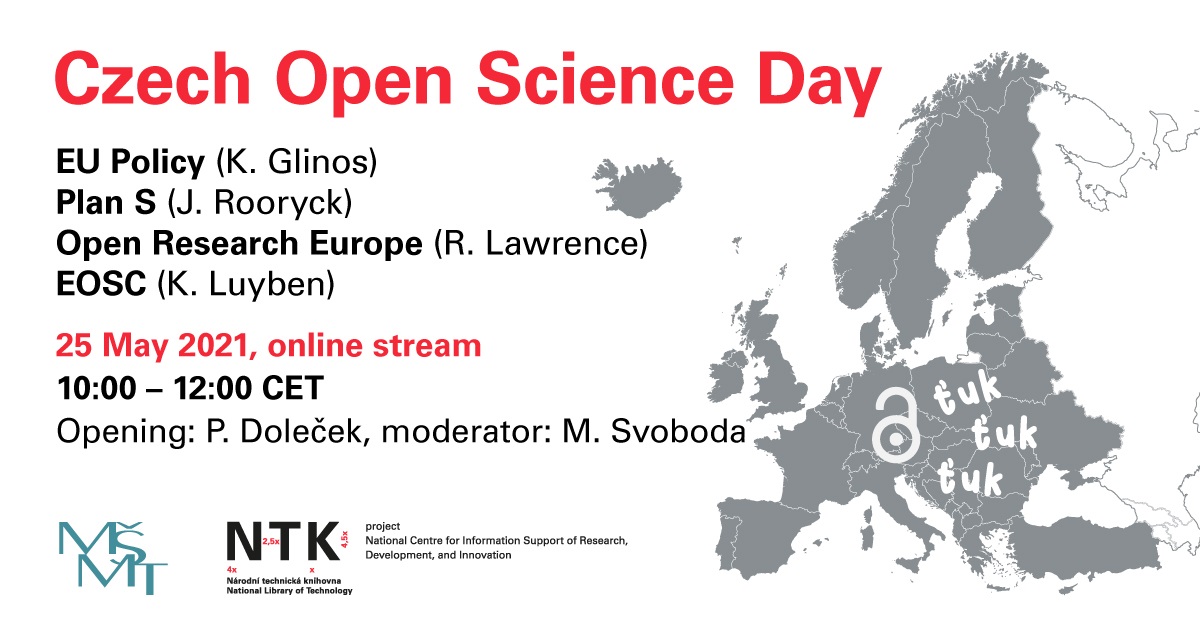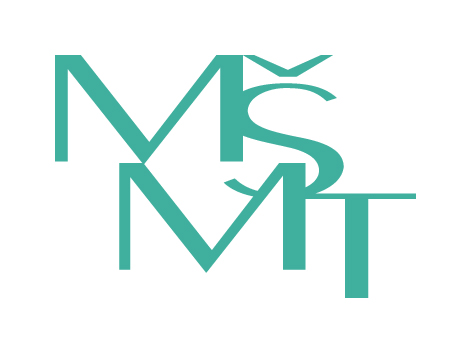In the European context the Open Science is one of the key priorities in the new R&I framework programme, Horizon Europe, but it is getting a growing attention also at the global level. Therefore, we see a great opportunity in bringing together the top-notch European Open Science representatives and the highest level of key Czech R&D&I decision-makers. The aim of this event is to present the current development in this area and EU Policy on Open Science. We believe that thanks to induced discussion we can jointly progress towards the implementation of European Open Science standards in the Czech Republic.
Key questions which should be addressed
- What is Open Science, why is it important and who benefits from it?
- How does Horizon Europe support Open Science?
- What is Plan S, who is behind and how does Plan S stand today?
- What is Open Research Europe, who can publish there and how?
- What is the European Open Science Cloud (EOSC), what are the FAIR principes?
The Czech Open Science Day is organized by the National Library of Technology in collaboration with the Czech Ministry of Education, Youth and Sports as a part of the new ‘National Center for Information Support of Research, Development and Innovation’ project.
As a follow up event in the autumn, the ‘KRECon 2021: Open Science - The Future of Research’ conference will take place on 11 - 12 November 2021 at the National Library of Technology in Prague. This Knowledge, Research and Education Conference (KRECon) was originally planned for 2020, but it was postponed due to the pandemic. Save the date already to your agenda!
25 May 2021 (10:00 - 12:00 CET)
Opening and Welcome
Pavel Doleček (Deputy Minister for Research and Higher Education section at MŠMT in Czech)
Session #1: Open Science in Europe
EU Policies
Kostas Glinos (Head of Unit for Open Science, DG RTD at European Commission)
Session #2: Open Access/Plan S
Open Access via Plan S
Johan Rooryck (Executive Director at cOAlition S)
Open Research Europe
Rebecca Lawrence (Managing Director at F1000)
Session #3: Open/FAIR Data
European Open Science Cloud
Karel Luyben (President of the EOSC Association)
Session #4: Open Discussion
Q&A session with the audience
Martin Svoboda (Director of NTK) - moderator
The event will be in English without simultaneous translation to Czech.
Introduction to Open Science
Open Science is a new way of how research is performed by opening up access to research data and results via new digital technologies and collaborative tools. There is no formal definition of Open Science yet, but Open Science is essentially an umbrella term for various practices such as Open Access, Open Data, Open Methodology, Open Source, Open Peer Review, Open Education, Alternative Metrics and Citizen Science. The aim is to make research more transparent and to disseminate its outputs more effectively, which is beneficial for both science, industry and society.
The rationale for Open Science
Research and innovation are changing rapidly today. Opening up the whole research process was not possible 20 years ago, but the internet and digital technologies transformed our lives and the way we work including research. These changes have created opportunities to speed up the transfer of knowledge and (large) data sets which may be immediately available to other researchers and across scientific disciplines, as well as among potential users in the business community and society in general.
Greater access to knowledge and research data can provenly improve the effectiveness and productivity of the whole research system, by reducing duplication costs in collecting, creating, transferring and reusing data and scientific material; by allowing more research done from the same data; and by multiplying opportunities for local and global participation and collaboration in the research process.
In addition, increased and rapid access to research outputs (publications, data or software, among others) can foster innovation systems. Companies and individuals may use and reuse these outputs to develop new products and services. Open Science also allows the closer involvement and participation of citizens.
Topics addressed at the conference
EU Open Science Policy
Kostas Glinos
Open Science has been a European policy priority since 2016 as part of a new vision for Europe together with Open Innovation, which will involve public and private sector actors in research to create new tools and services, and Open to the World, which will ensure involvement and open collaboration with non-European stakeholders. Then, the European Open Science Policy Platform (OSPP) was established to advise the Commission and suggest future directions on implementation of Open Science. The group released its final report in 2020 along the eight core areas (“ambitions”). Open Science also plays an essential role in Horizon Europe, the new European R&I funding programme (2021-2027) with an overall budget of €95.5 billion.
Open Access via Plan S
Johan Rooryck
Plan S is an initiative that was launched in September 2018 to accelerate the full and immediate Open Access to scientific publications. This initiative is supported by cOAlition S, an international consortium of research funding and/or performing organisations. Plan S requires that, from 2021 on, scientific publications that result from research funded by public grants be published in Open Access compliant journals or platforms.
Open Research Europe (ORE)
Rebecca Lawrence
Open Research Europe is a new EU Open Access publishing platform set up for Horizon Europe and Horizon 2020 beneficiaries. This peer-reviewed publishing platform is offering a highly innovative, interactive and collaborative publishing experience offering rapid publication and Open Peer Review, whilst supporting data deposition and sharing. The platform is an optional service for Horizon 2020 and Horizon Europe beneficiaries so that they can comply with their funding requirements for immediate Open Access, at no cost to them.
European Open Science Cloud (EOSC)
Karel Luyben
EOSC will be Europe's virtual and trusted environment for all researchers to store, manage, analyse and re-use data for research, innovation and educational purposes. The idea of EOSC took shape in 2015, as a vision of the European Commission of a large infrastructure to support and develop Open Science and Open Innovation in Europe and beyond. EOSC will be implemented as the federation of existing research data infrastructures and a web of FAIR data and related services for science, making research data interoperable and machine-actionable following the FAIR guiding principles.
Speakers
Pavel Doleček
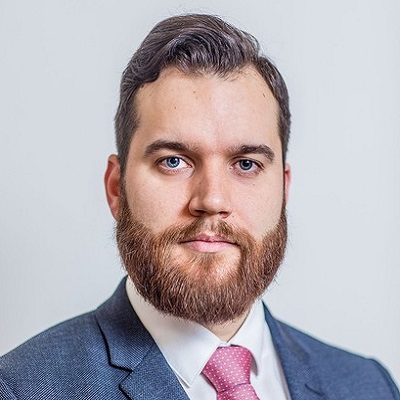
Pavel Doleček is a Deputy Minister for Higher Education, Science and Research at the Ministry of Education, Youth and Sports in the Czech Republic.
Kostas Glinos
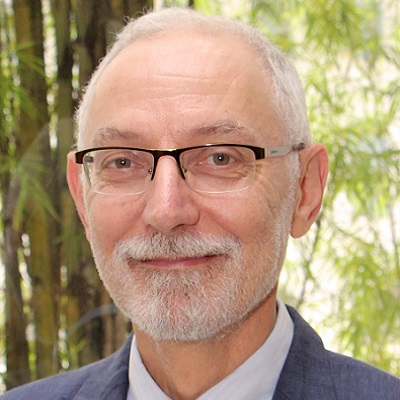
Kostas Glinos works at the European Commission, where he leads the unit in charge of Open Science in the directorate general for Research & Innovation since 1 June 2019.
From 2014 to 2019 he led the unit responsible for EU international cooperation policy in STI and for relations with European Economic Area countries, Switzerland, Russia, Western Balkans, Turkey, all of Asia, Australia and New Zealand.
Kostas has been developing EU policy and managing R&D programmes in the area of Science, Technology and Innovation (STI) in Brussels since 1992. Policy areas he has dealt with include open science and innovation, collaboration in research, industry-academia interaction, the governance of research commons, public-private partnerships, science diplomacy and international cooperation policy at bilateral and bi-regional level. At various points in time he has been responsible for funding programmes in future and emerging technologies, cyber-physical systems, ICT research infrastructure and big research data. In the academic year 2017-2018 Kostas was a visiting Fellow at the Lee Kuan Yew School of Public Policy at the National University of Singapore where he taught regionalism in Europe and in Southeast Asia. Before joining the Commission Kostas worked in the chemical industry in the USA and Belgium, lectured at the University and carried out research in Greece. He holds a PhD in engineering from the University of Massachusetts and an Advanced Professional Certificate in investment management from Drexel University in the USA.
Johan Rooryck
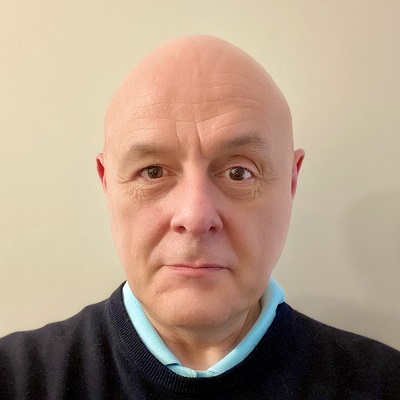
Johan Rooryck is Executive Director of cOAlition S and a professor of linguistics at Leiden University. He is the editor-in-chief of the Fair Open Access journal Glossa: a journal of general linguistics since 2016. From 1999 to 2015, he was the executive editor of Lingua (Elsevier), when its Editorial Team and Board, as well as its reader and author community, decided to leave Lingua to found Glossa. He also is a founding member and president of the Fair Open Access Alliance (FOAA) and Linguistics in Open Access (LingOA). He is a Member of the Academia Europaea.
Rebecca Lawrence
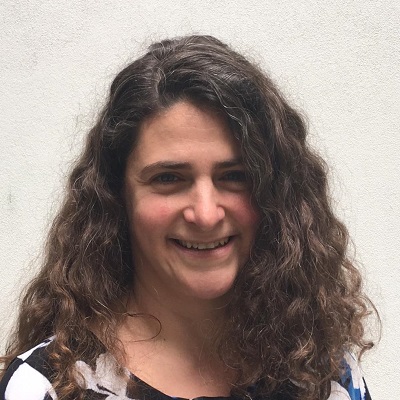
Rebecca Lawrence is Managing Director of F1000 Research Ltd. She was responsible for the launch of F1000Research in 2013 and has subsequently led the initiative behind the launches of many funder- and institution-based publishing platforms that aim to provide a new trajectory in the way scientific findings and data are communicated.
She was a member of the European Commission’s Open Science Policy Platform, chairing their work on next-generation indicators and their integrated advice: OSPP-REC, and Editor of their final report. She is also a member of the US National Academies (NASEM) Committee on Advanced and Automated Workflows. She has been co-Chair of many working groups on data and peer review, including for Research Data Alliance (RDA) and ORCID, and is an Advisory Board member for DORA (San Francisco Declaration on Research Assessment). She has worked in STM publishing for over 20 years, is an Associate of the Royal College of Music, and holds a PhD in Pharmacology.
Karel Luyben
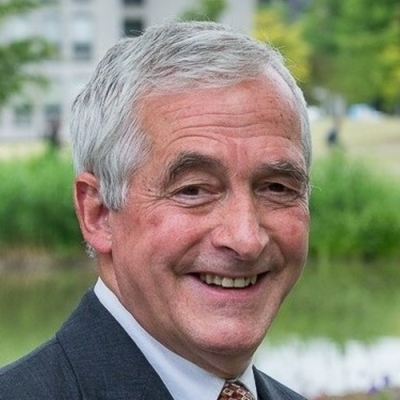
Karel Luyben is Rector Magnificus Emeritus of the Delft University of Technology. He was Rector Magnificus of the Delft University of Technology from 2010 until 2018. In 1983 he was appointed full professor in Biochemical Engineering at the Delft University of Technology, and from there has gained experience in research, starting a SME, research leadership, leading European organisations like the European Federation of Biotechnology and CESAER.
He presently works on Open Science, as National Coordinator for Open Science in the Netherlands; Chairman of the Task Force Open Science of CESAER and after being chairman of the Executive Board of the European Open Science Cloud (EOSC) (2019-2020), he is now the President of the EOSC Association.
Moderator
Martin Svoboda
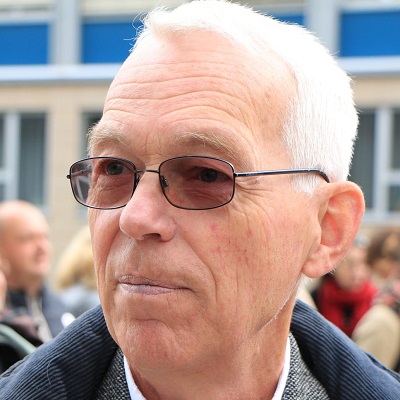
Martin Svoboda is Director of the National Library of Technology (NTK) in Prague. He graduated at Czech Technical University in computer engineering in 1965 and carried out research and development in text processing and information retrieval systems. He is a lifelong promoter of co-operation of libraries and information centres using ICT. Back in mid 1970s he co-authored an SDI system processing around 3000 profiles on dozens of. abstract services (CAS, CIN, INSPEC, INIS, Compendex, PA, FSTA, Excerpta Medica, Derwent, etc.). When in the National Library, he co-founded the Czech and Slovak Library Information Network – an international project supported by the A. W. Mellon Foundation and was on the Board of the Open Society Library Network Programme in post-Soviet countries.
A director of NTK since 1997, he initiated the Virtual Polytechnic Library a inter-library resource sharing system and also negotiated “Big Deals” with key publishers for the entire Czech scholarly and R&D community, which resulted in the nation-wide CzechELib (National Centre for Electronic Resources) project and currently the "National Centre for Information Support of Research, Development, and Innovation" project. He is also a member of the LIBER Architecture Group, ELAG Programme Committee, Journal of Documentation Editorial Board and a representative of the Czech Republic in the SCOAP3 project.
Contact
Eva Hnátková
eva.hnatkova@techlib.cz
+420 604 328 809
Important links
The event takes place under the auspices of the Ministry of Education, Youth and Sports of the Czech Republic


